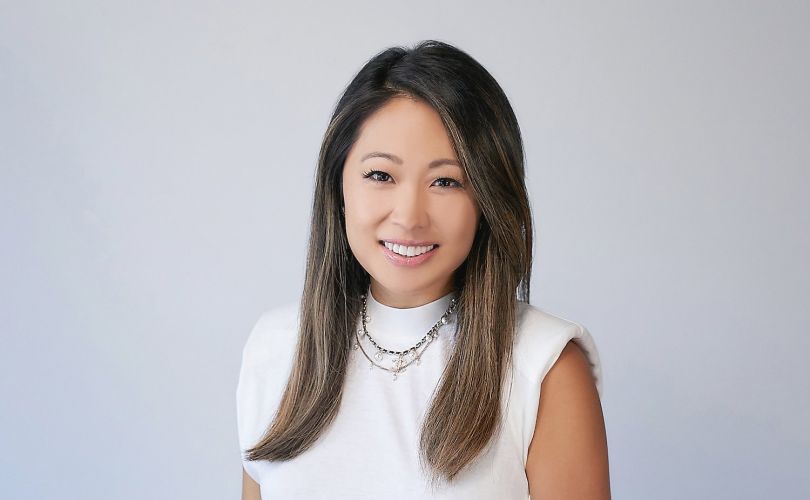
Mental health is an increasingly important topic, especially in the wake of the Covid-19 pandemic, but access to therapists and psychologists remains limited due to the overwhelming demand for mental health services.
To help mental health providers be more efficient in diagnosing new patients, Seattle startup Aiberry has developed an AI-powered therapeutic assistant that can screen patients for mental health conditions. It does so by engaging patients in conversation and analyzing their statements, speech patterns and facial expressions.
Aiberry announced Wednesday it will grow its platform thanks to an $8 million seed funding round led by Confluence Capital Group.
“Early identification and prevention have long been a challenge when it comes to mental health in the U.S.,” Aiberry co-founder and co-CEO Linda Chung said in a statement. “While many platforms have been developed to provide services ranging from preventative care to self-care and even clinical care, the intake process and progress monitoring has failed to advance. Aiberry is an ideal partner for existing digital health platforms and corporate wellness programs, especially in an era where people are becoming increasingly knowledgeable and proactive when it comes to their mental health and wellness.”
Aiberry is based on the research of its chief scientist, Dr. Newton Howard, a neuroscience professor at Georgetown and Oxford universities and the former director of the MIT Mind Project.
Aiberry said its screenings could be used in doctor’s offices, schools or homes to screen for mental health conditions. At the end of a screening, the platform calculates a patient’s risk of suicidal ideation and assesses their mood, concentration and energy levels.




